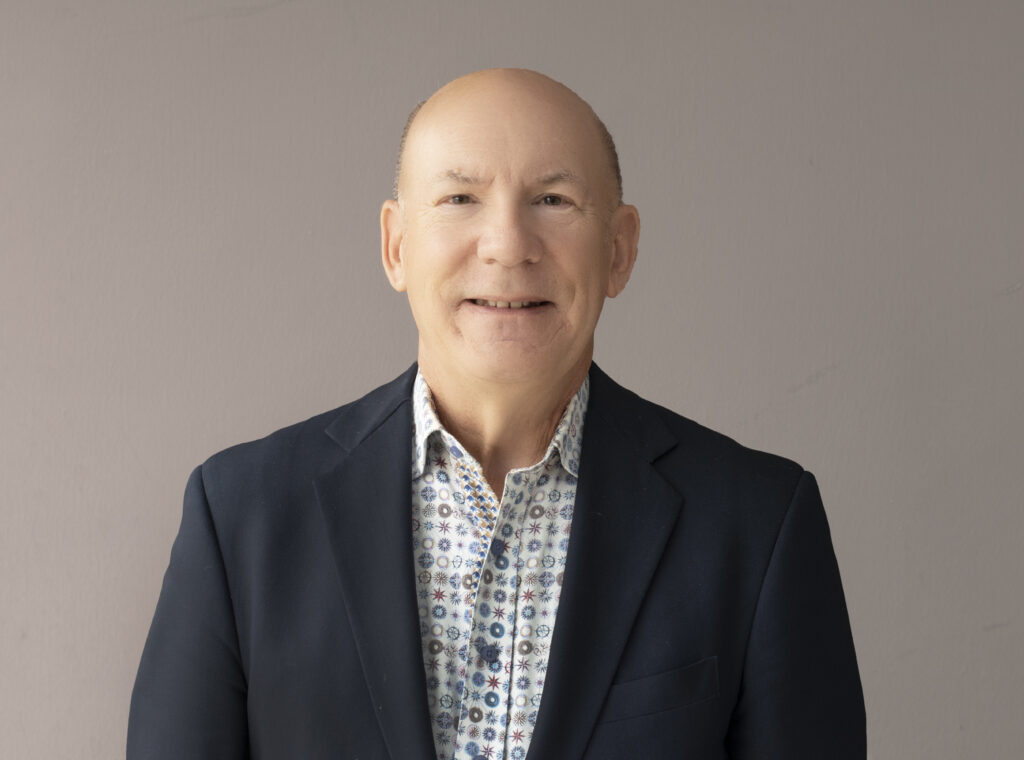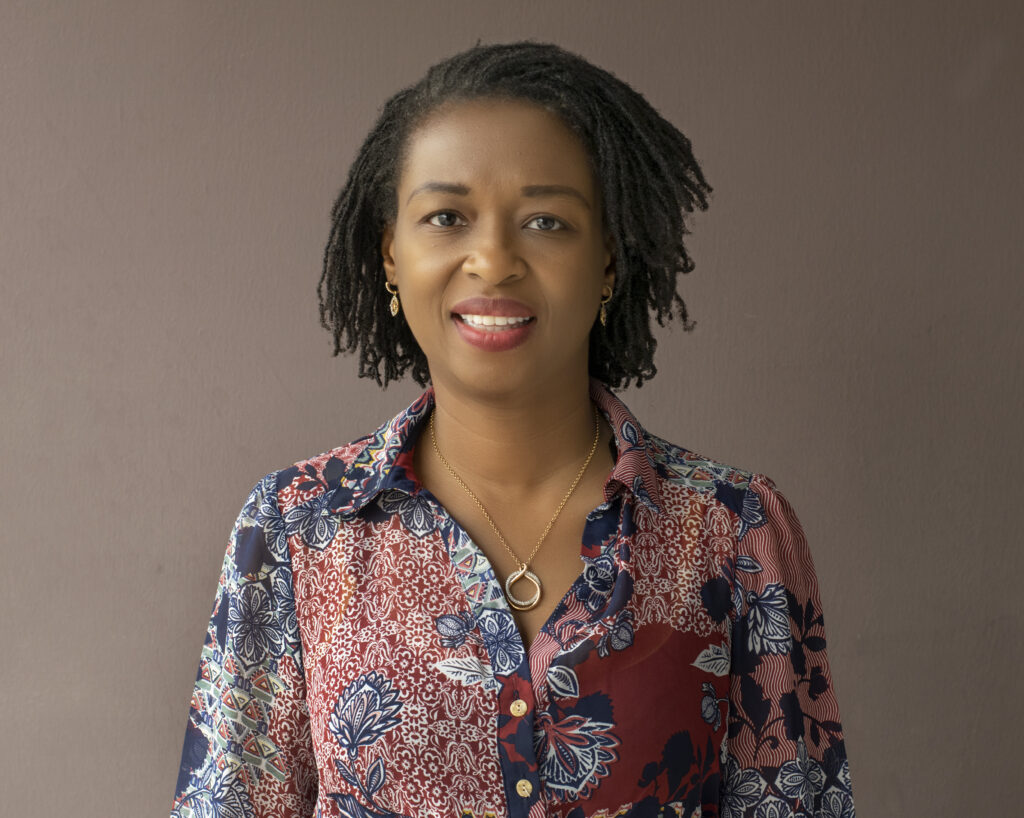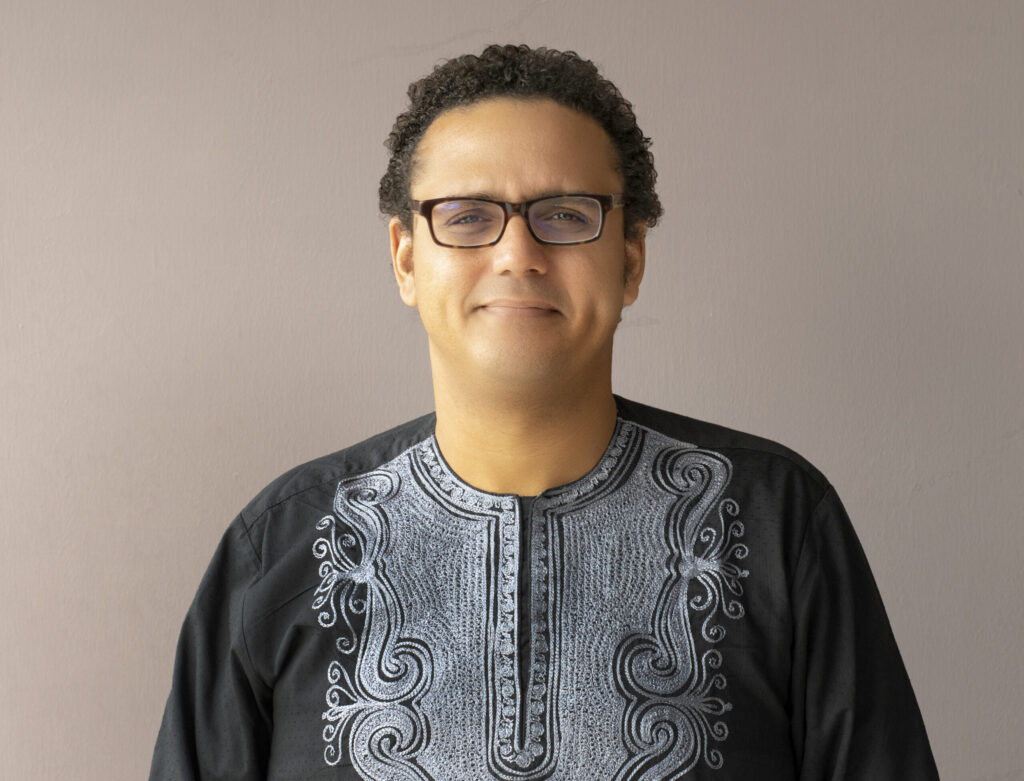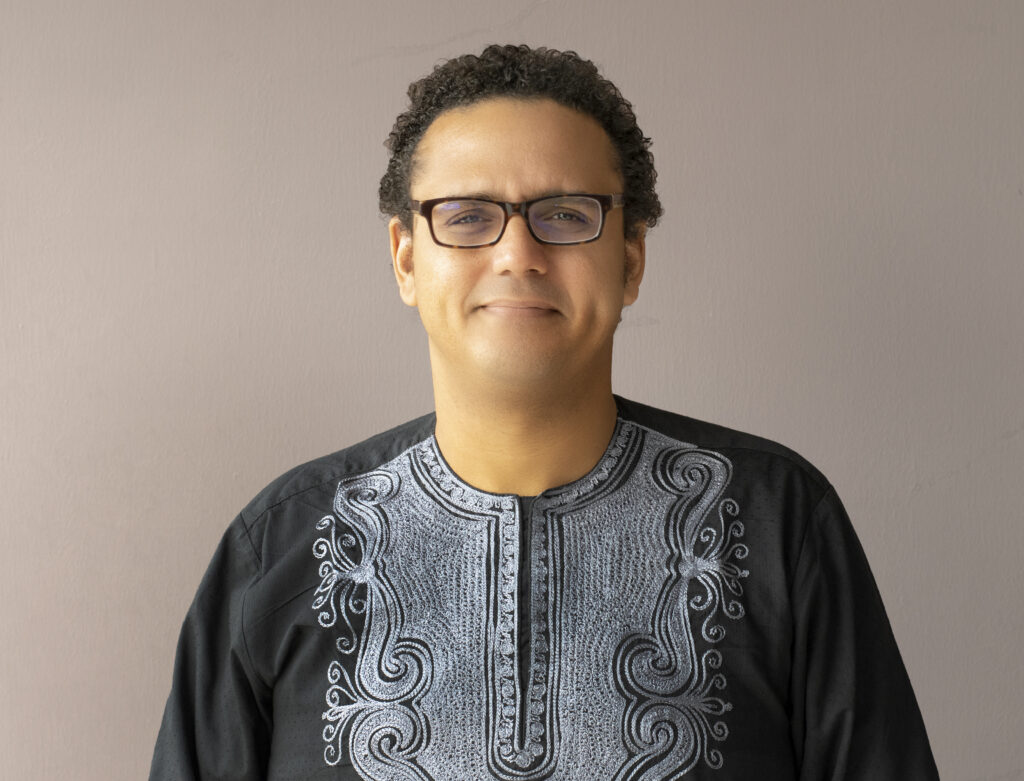
Babban Gona, a leading agricultural company in Nigeria, in partnership with Mastercard Foundation, has trained over 100,000 women in entrepreneurship over the last year through the WEDI program.
The beneficiaries were trained under the Women Entrepreneurship Development Initiative (WEDI) undertaken by Babban Gona in partnership with Mastercard Foundation. The women were trained in Ikara, Soba, Igabi, Lere areas of Kaduna State and Toro Local Government area in Bauchi State, Nigeria.
In his remarks, the Managing Director of Babban Gona, Kola Masha, noted that the program was conceived to assist women in addressing significant barriers hindering them from participating in or benefiting from various agricultural programs.
“Our WEDI program is designed to tackle some of the key social barriers that hinder women from participating and benefiting equitably from our core agricultural program for smallholder farmers. Since 2017, we have empowered over 125,000 women through a combination of formal training and credit packages. Our goal is to support over 1 million women with resources to attain financial independence by 2025. We are on a fast track to creating catalytic impact and empowering rural African women, putting a halt to the cycle of poverty for many”, Masha said.
WEDI program is focused on training rural women to become financially independent through micro-entrepreneurship. The training helps to provide business and financial literacy skills needed to start and sustainably run and manage a business.
One of the beneficiaries of Babban Gona’s EDI Poultry program, Monica Kura, explained that the training has further helped to enhance productivity in her poultry business.
“I learned about the Poultry Program from Babban Gona staff during a sensitization session. With eight years of poultry rearing experience, it was a good fit for me and a chance to be fully engaged in poultry activities. Every week, I was given the food, vaccines, and medications the birds needed. This year I raised over 1,300 chicks in the BG Poultry Program, eight times more than I had done in the past. It has been a fantastic experience for me, with several advantages. My family has been able to consume fresh eggs, and I have been able to earn money by selling the birds, eggs, and chicken waste as manure. I used the income to pay for my children’s tuition at a tertiary institution and a secondary school”, Kura said.
Another beneficiary of Babban Gona’s WEDI Program, Halima Markus, 46, who shared her experience with the WEDI initiative, said the training opportunity was a defining moment for herself and her household.
“The business we were into before Babban Gona came was farming. Babban Gona has changed my life and my household and my husband”, Markus said
Established in 2017, WEDI has supported approximately 125,000 with training and resources to develop their enterprises. The focus of these enterprises ranges from the retailing of fast-moving consumer goods to poultry farming.
#





